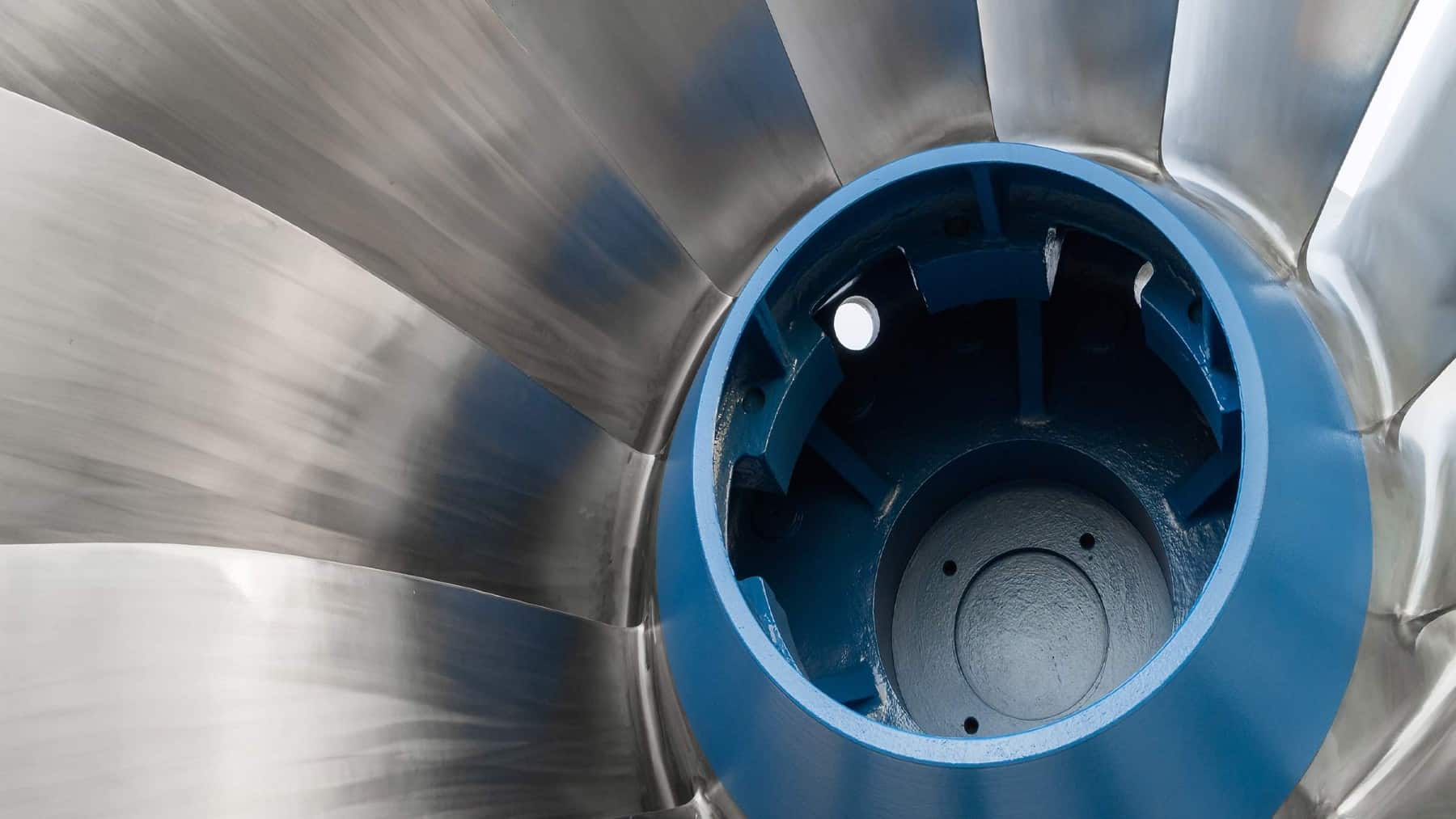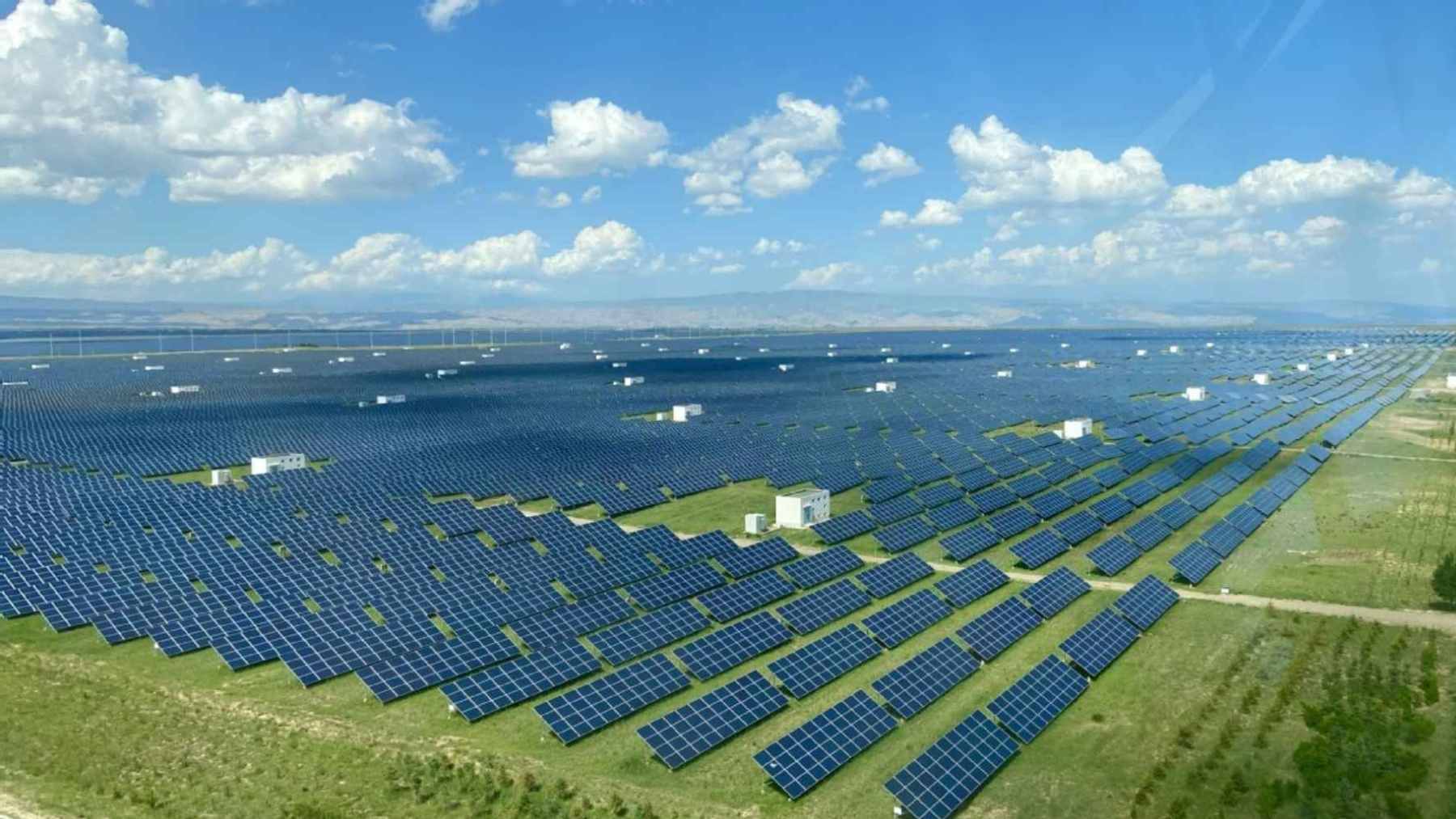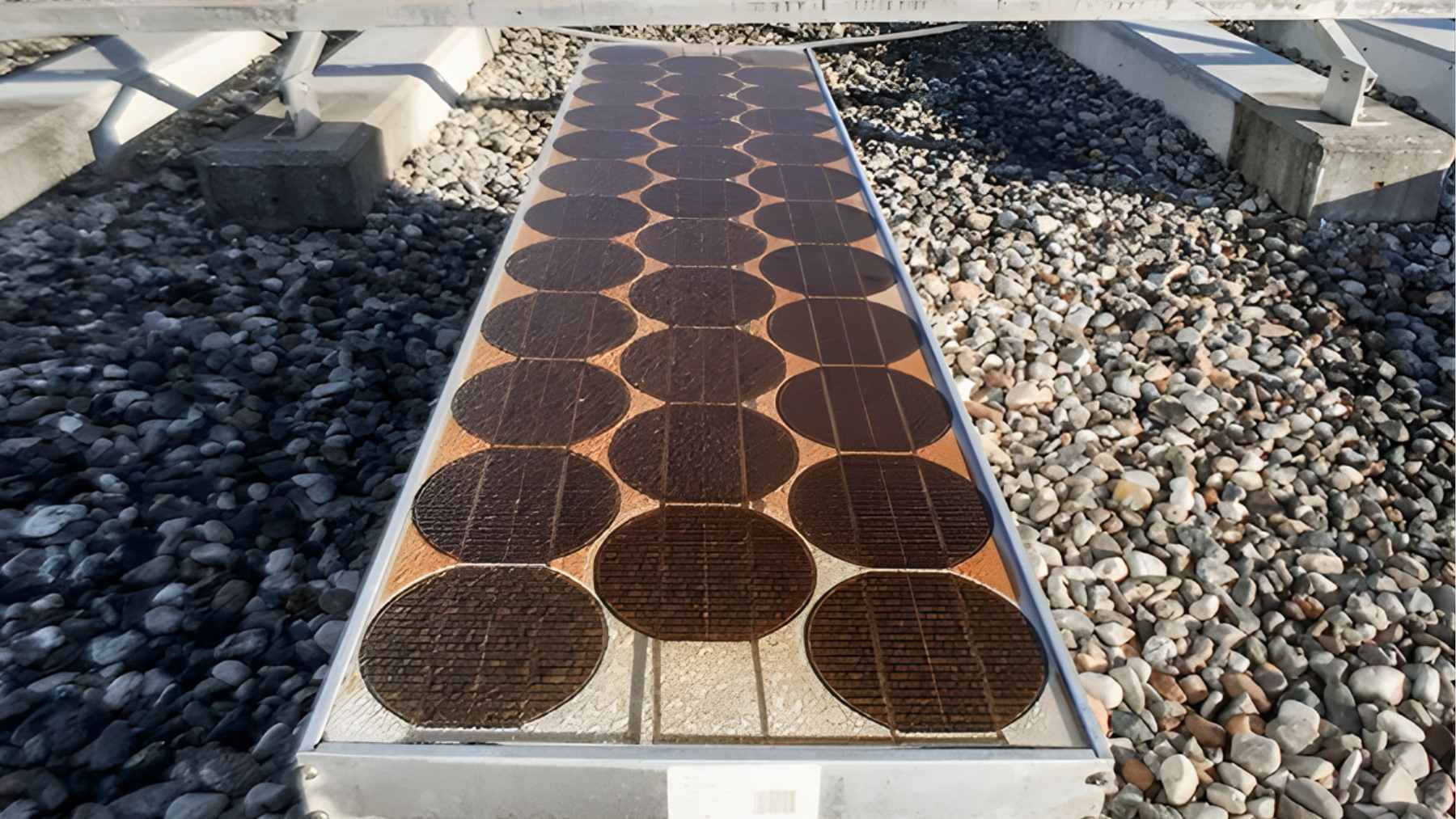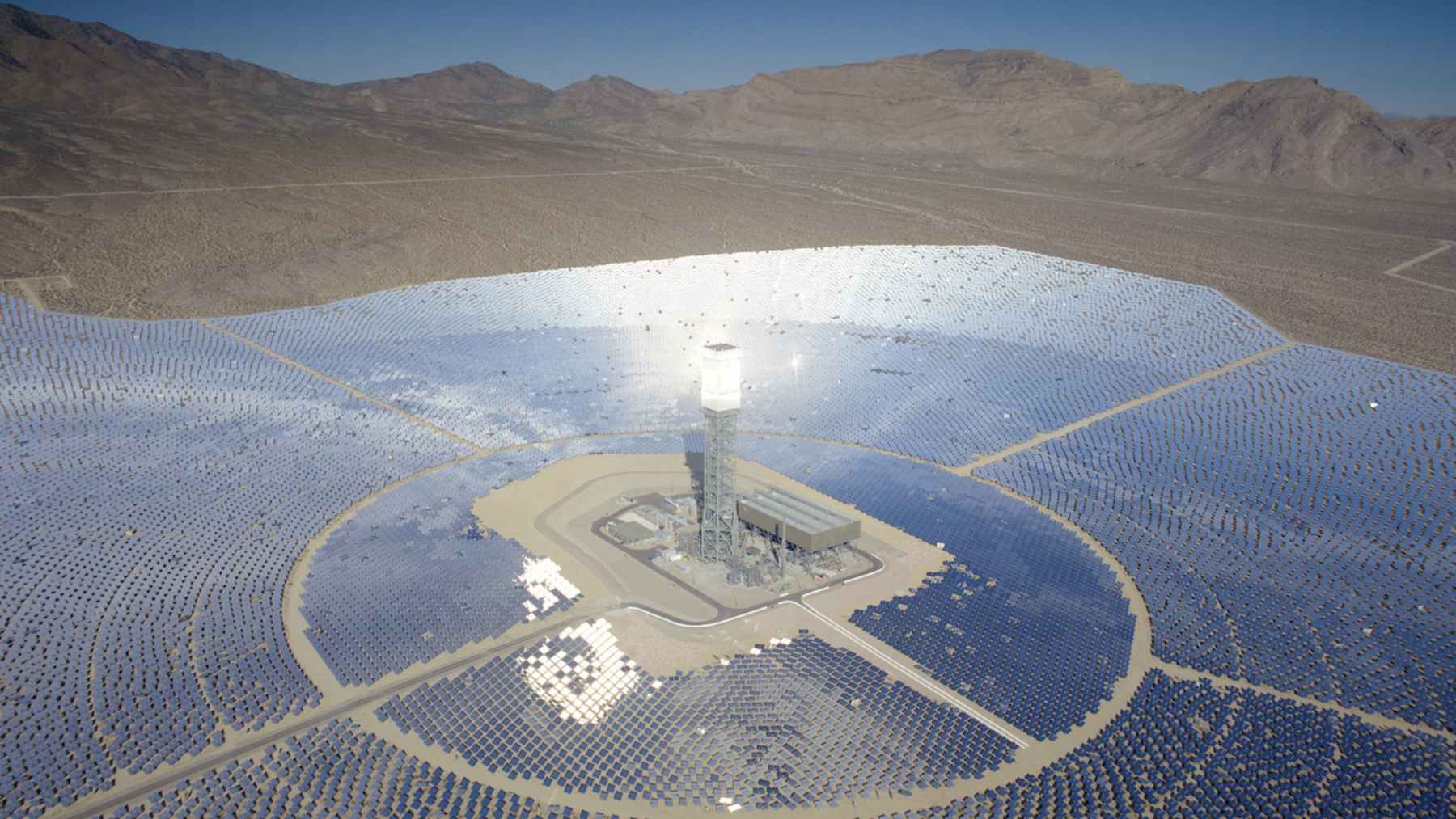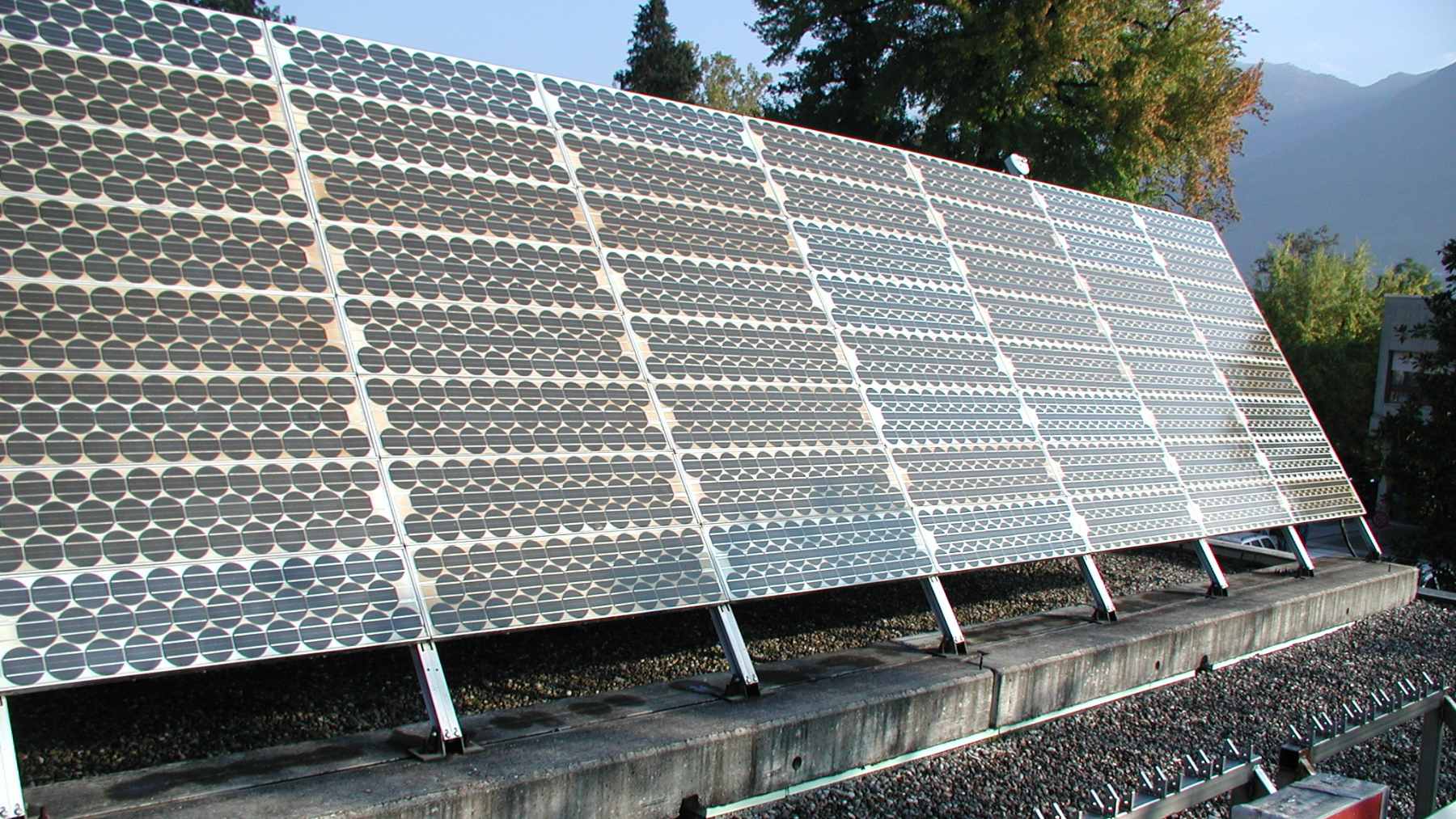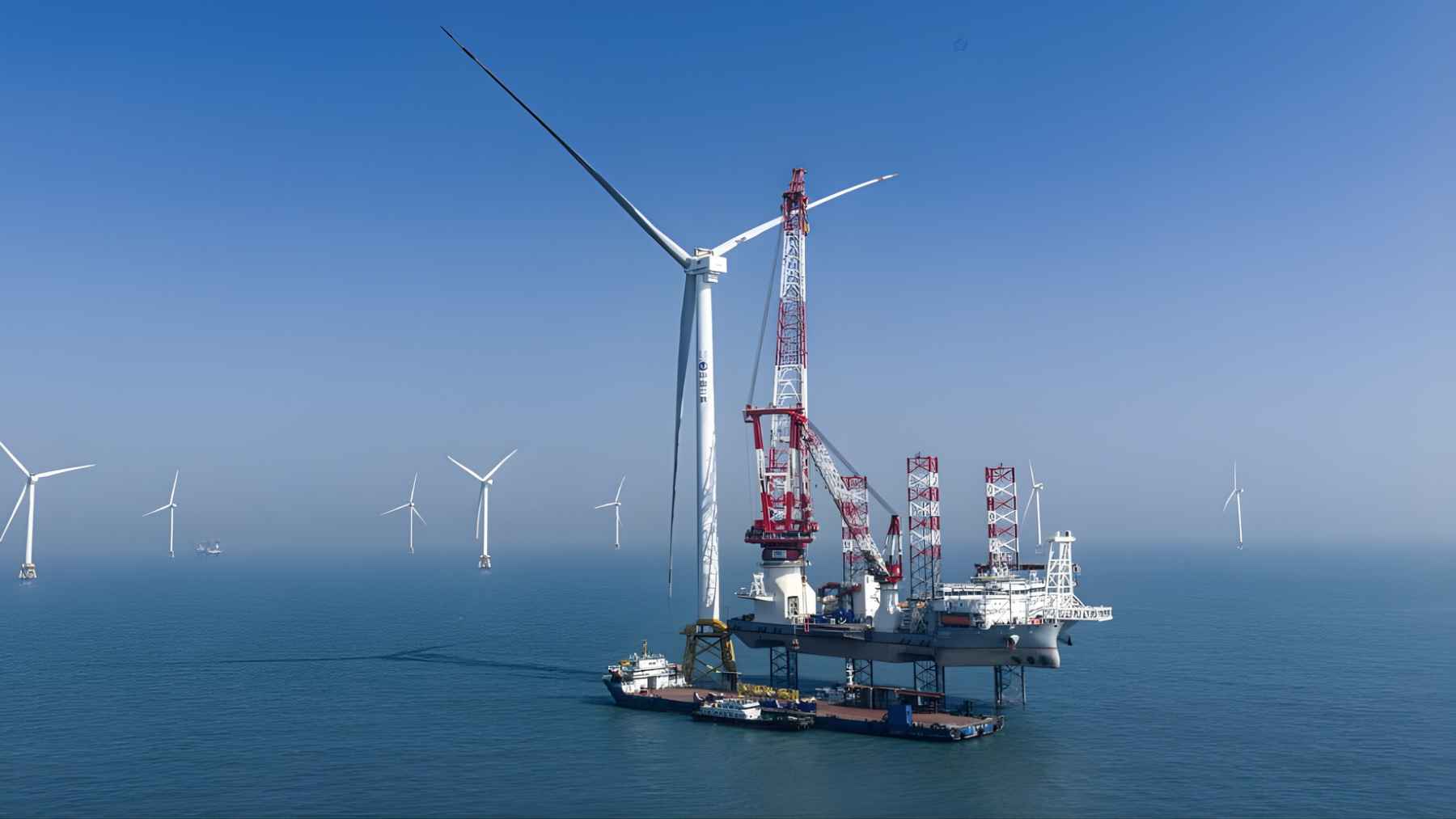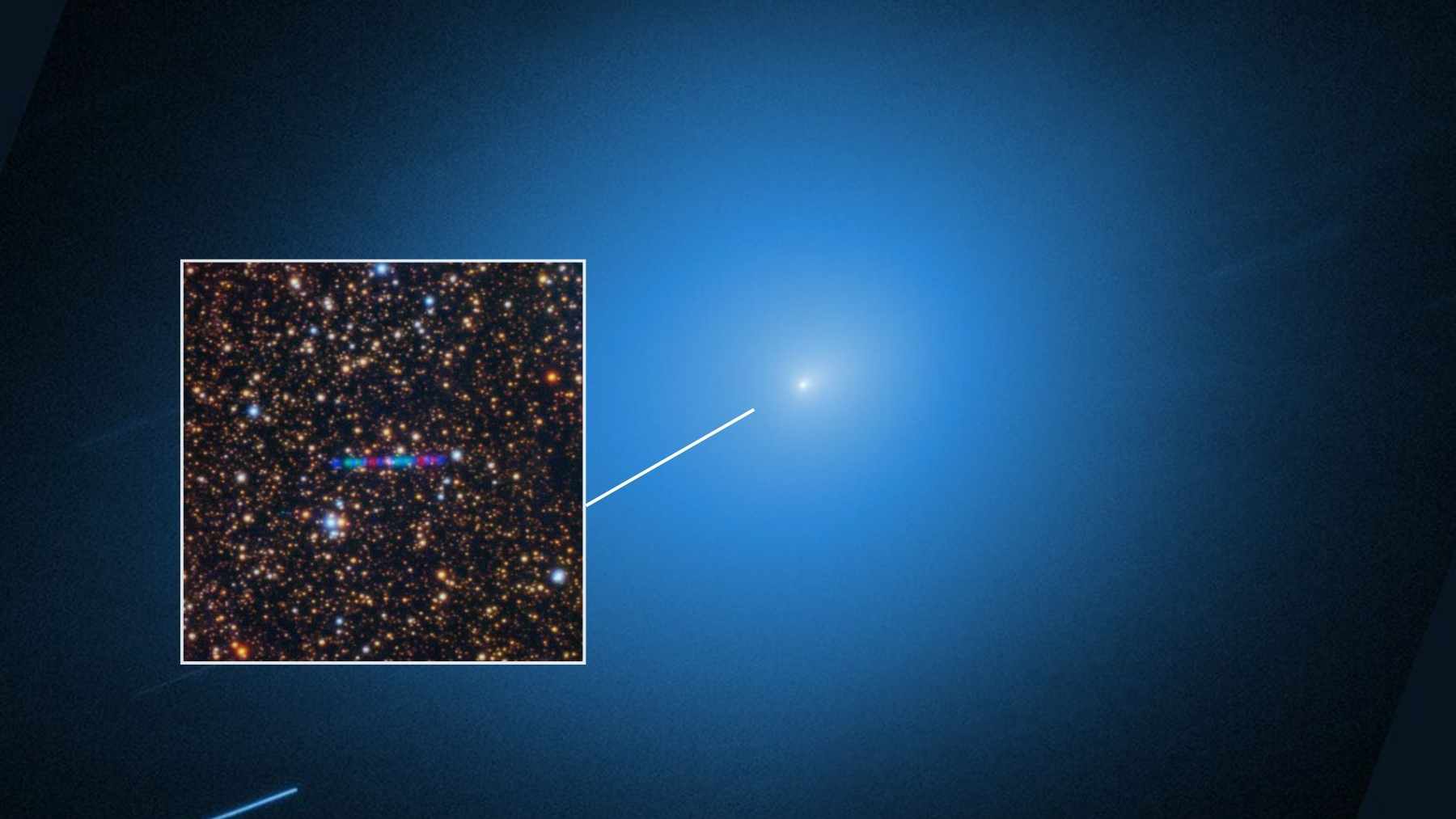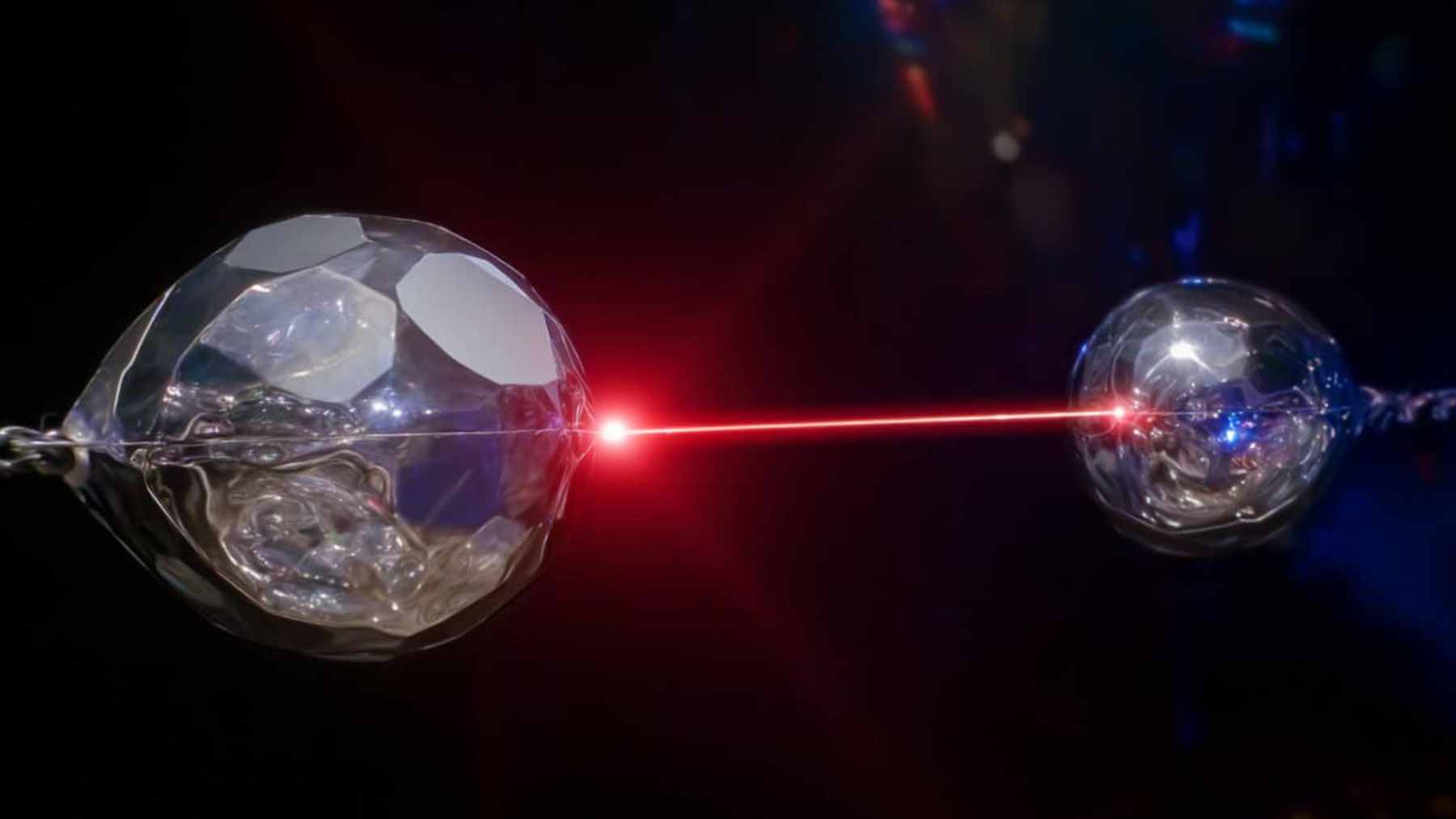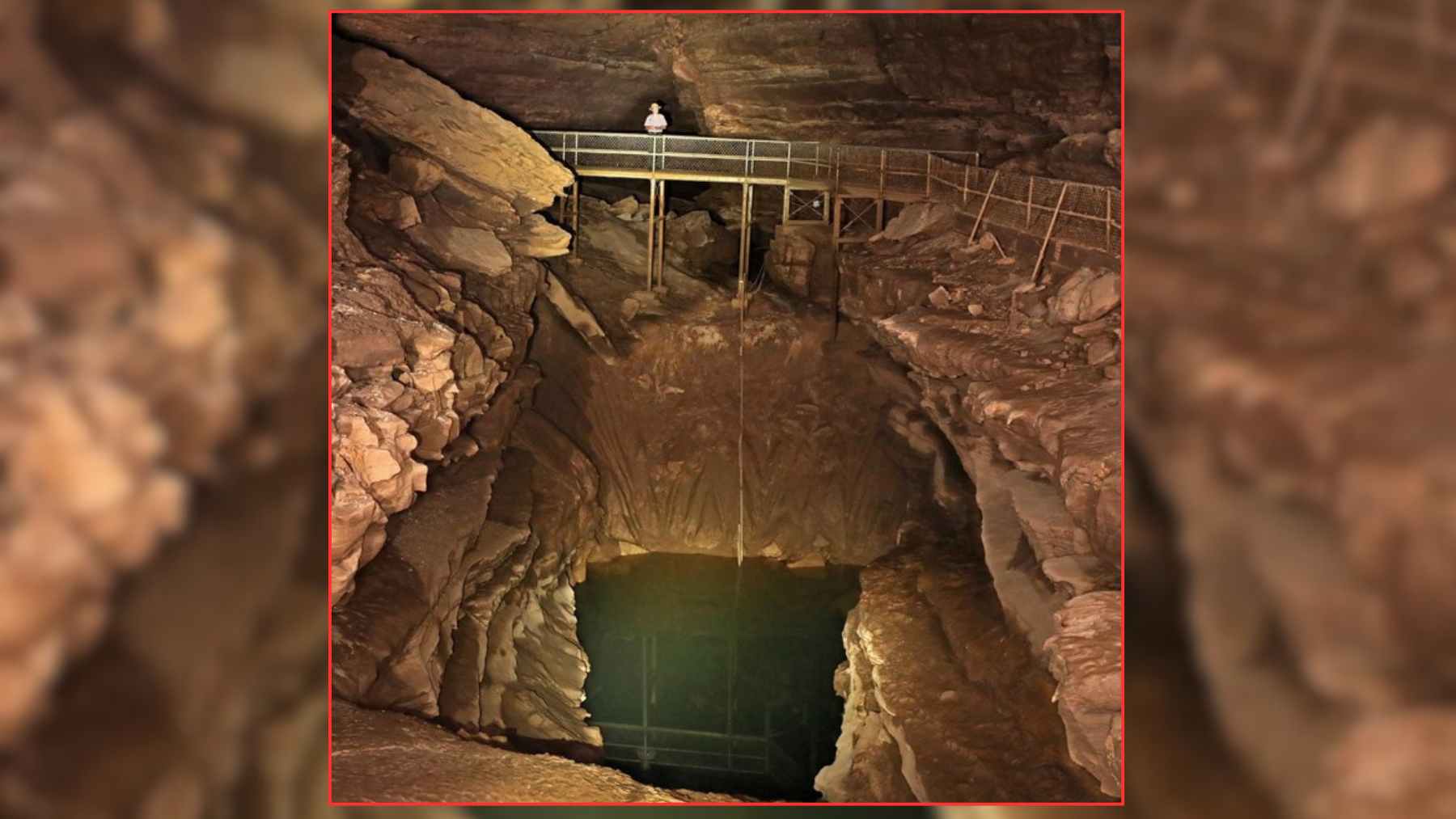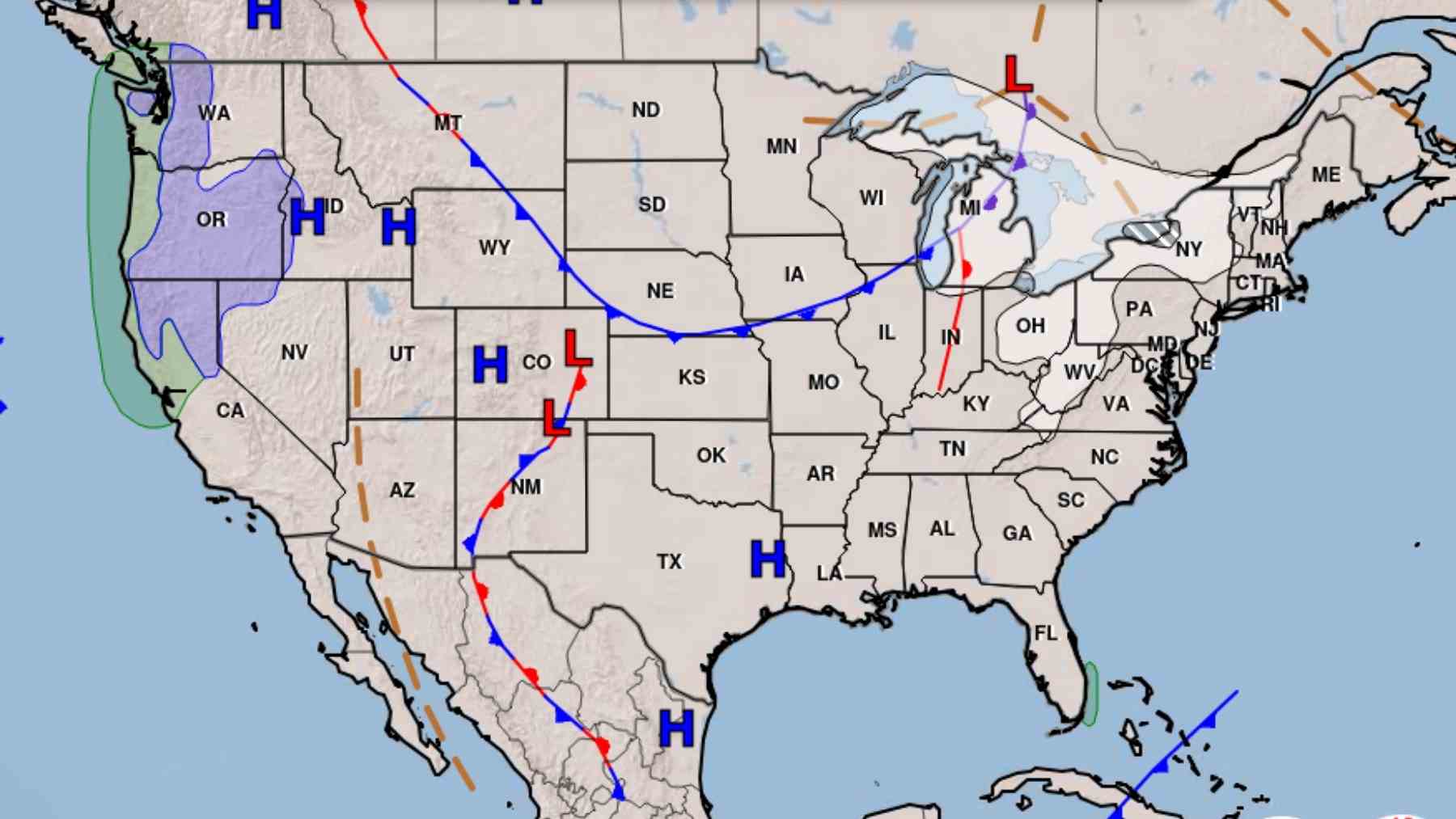Microhydropower is a sustainable alternative for domestic electricity generation among homeowners who want renewable energy sources. This innovative technological framework takes water in motion to produce electricity, thus delivering a steady renewable energy system. Rising electricity prices and rising public demand for green energy have made micro hydropower emerge as a revolutionary power solution for homeowners. The following analysis provides detailed information about microhydropower’s potential to change America’s energy practices.
This compact energy system enables the generation of power through the flowing water of your home.
The generation of electricity through flowing water forms the basis of microhydropower systems. Small hydroelectric power systems have a different operational system than large hydropower facilities because they provide electricity for residential dwellings and local community power needs. This system’s output range is one hundred to one hundred kilowatts of electrical power.
The designed operation of micro hydropower systems enables water flow to turn turbines that generate power. The conversion process produces efficient power generation that delivers uninterrupted electricity production when water continues flowing. Microhydropower is an eco-friendly power solution that substantially contributes to renewable energy systems.
These are the principal factors which motivate homeowners to adopt micro hydropower systems.
Microhydropower delivers sustainable advantages, which serve as its main cornerstone. Natural water streams in these energy systems create pollution-free, sustainable power without releasing greenhouse gases. The versatility of micro hydropower systems enables their installation in water streams and rivers and engineered diverted water channels to suit different environmental requirements.
Micro hydropower delivers two-fold economic advantages combined with beneficial environmental features. The installed systems keep operational and servicing expenses low, decreasing electricity production costs. Input from micro hydropower enables homeowners to shift away from electrical grid dependence to achieve lower electricity bills and energy self-sustainability.
Before establishing micro hydropower system operations, you should address multiple critical matters.
The extensive list of advantages of using micro hydropower includes various issues that need evaluation before setup. Water supply reliability and steady access to water represent a primary installation challenge. The system requires abundant water flow to produce electricity, yet this condition might not exist in all potential installation sites. The system’s operation can suffer from seasonal changes in water flow levels.
The installation of micro hydropower systems requires an evaluation of their possible effects on the environment. Technical infrastructure that relies on these systems mainly generates little environmental disruption but still disrupts local ecosystems. Additionally, it affects aquatic life populations. The construction of a hydroelectric system requires complete environmental assessments alongside required permits, which is a fundamental step.
The development of microhydropower technology continues to grow in America, with significant prospects for the future.
The American microhydropower sector appears promising because more local communities and homeowners want sustainable renewable energy options. Elevated technology innovations combined with rising knowledge about renewable solutions have created expanding interest in micro hydropower systems. Through governmental support of renewable energy projects, the use of microhydropower will likely spread throughout the nation.
The rising need for clean power creates favourable conditions for micro hydropower systems to assume a major position in America’s energy sector. The systems work as reliable, sustainable electric generation devices that reduce carbon pollution while keeping the country independent from foreign energy suppliers. The appropriate establishment of micro hydropower systems makes them valuable renewable energy resources.
Micro hydropower represents an advanced renewable approach to generating house electricity from natural water flow. It offers multiple advantages, such as environmental sustainability and economic savings, which make it capable of reshaping residential energy systems across America. The advancement of technology and the spread of awareness will empower more homeowners to access water-based power for self-reliant energy use and environmental preservation.
